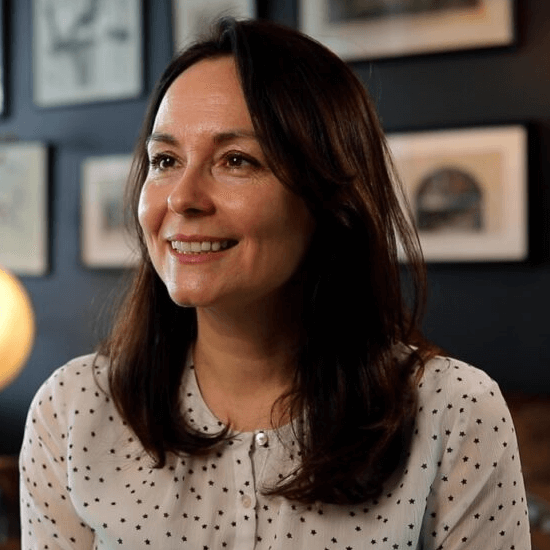Speaker

SAM CARTWRIGHT-HATTON
OXFORD UNIVERSITY. UNITED KINGDOM
Sam began her career with a D.Phil (PhD) in the Department of Psychiatry at Oxford, under the supervision of Adrian Wells. The subject of this thesis was a Metacognitive model of Generalised Anxiety Disorder in Adults.
During subsequent clinical psychology training in Manchester, she developed an interest in the far less well-researched area of anxiety in childhood. On qualifying, she joined the Manchester clinical course as academic tutor, while working half-time as a clinical psychologist in the Manchester Children’s Trust. Eighteen months after qualification, she was awarded a 3-year NHS executive fellowship to develop her research into anxiety in childhood, with Professor Richard Harrington. This was followed by a 4-year MRC Clinician Scientist Fellowship to trial a new intervention for families of young anxious children.
She joined the University of Sussex in 2011 with an NIHR Career Development Award to develop and test a preventative intervention aimed at families with an anxious parent. More recently, she has become interested in how we can deliver support to parents digitally, and was been awarded a large research grant from the Kavli Trust to test an online preventive intervention for parents who experience high levels of anxiety.
She was awarded the British Psychological Society Award May Davidson Award in 2009 for her research into anxiety of childhood.
Can we help parents with mental health problems to raise happy, confident children?

This keynote focuses on what is possibly the only entirely non-controversial idea in the entire field of mental health: Mental Health Problems Run in Families. Everyone knows that it’s true, but what, as a profession, do we do about it?
Nothing.
We know that mental health problems run in families, but at present we do almost nothing to stop this from happening.
In this talk I will summarise 20 years of research from our lab and clinic, which shows that much can be done. This includes lab-based research with parents and their children, which has attempted to unpick the processes involved in the intergenerational transmission of poor mental health, and clinical studies of parenting interventions which show substantial promise in preventing it.
Our research was initially focussed on anxiety disorders but has now expanded to include other presentations and patient groups. I will outline what we have found, and I will hope to persuade the audience that there is much that can be done to help parents with mental health difficulties, if only the will and the resource can be found.










